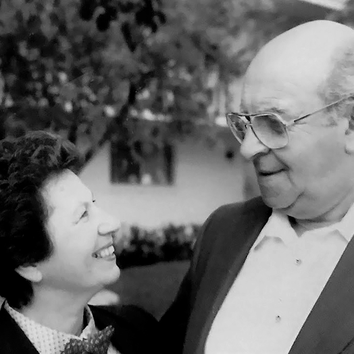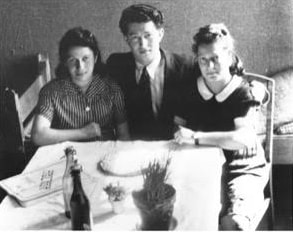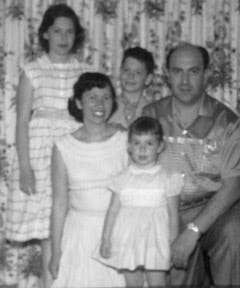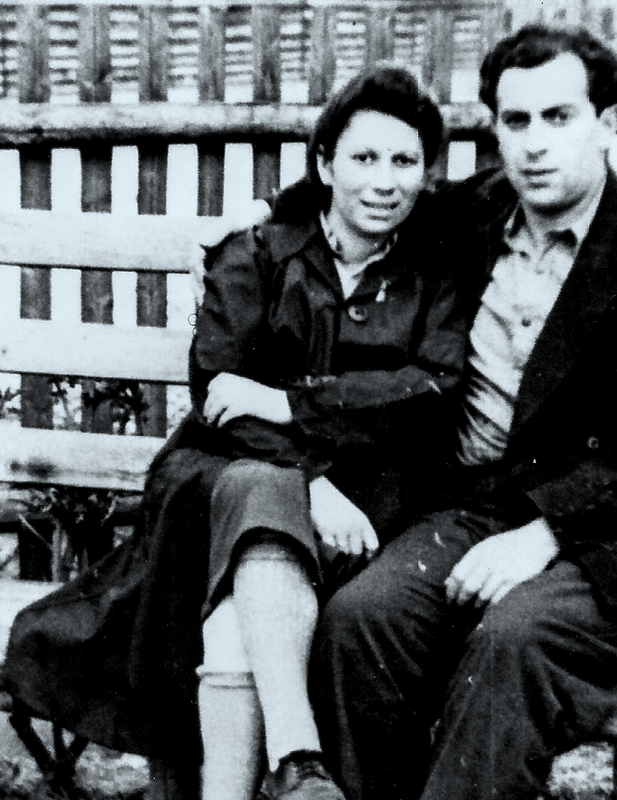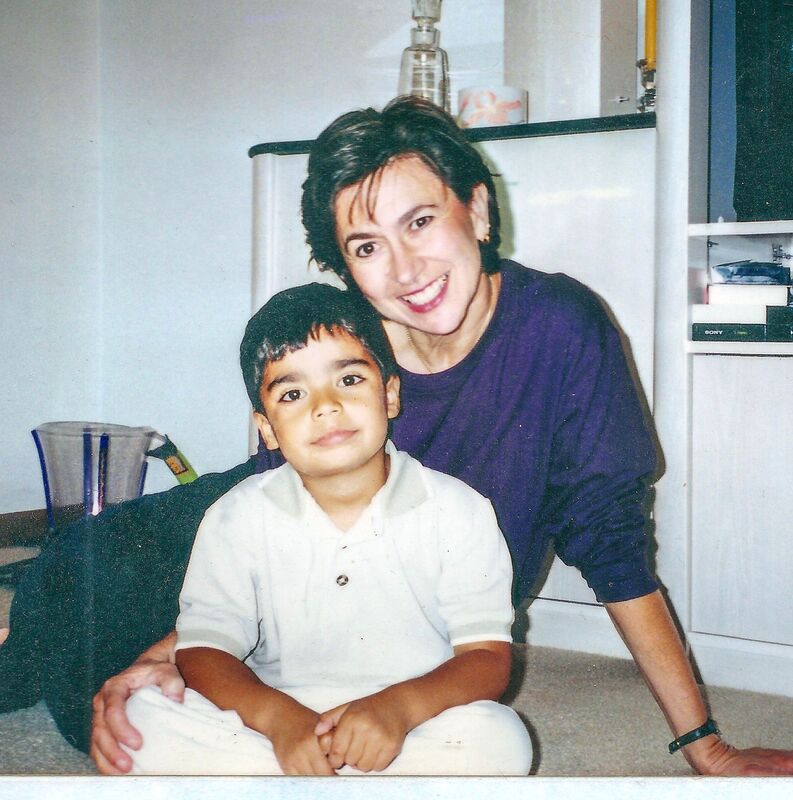Chapter 13: Please RememberBy Myra Fox, daughter of Henry Fox and Rachel Najman Fox
Our dear friend Myra passed away before she could complete her chapter for this book. She was an essential part of our group, and her prose and poetry belong in our anthology. What follows is a selection of the pieces Myra wrote for our services over the years 2004–2018. Odd that I miss so much now what sometimes felt burdensome then. And then again it’s not. Our living room was filled with those worn familiar faces almost weekly. They settled on the white brocade sofa with extra chairs brought in to form the circle. They seemed ancient to me then, though most were younger than I am now. This was our family. Not by birth were they my parents’ sisters and brothers, but by the inconceivable losses that they shared, by the guilt and wonder of their survival, by their desperate need to create normalcy and new families and community. Few blood relatives had survived the camps. I did have a very special aunt—my Cha Cha Regina—who often called screaming both day and night, certain that the Nazis were outside her door. And an endearing Uncle Moniac who came to visit when relationships were stormy at his house. And two aunts—only to be imagined, in Israel—a place only to be imagined. But there in our living room, gladly sacrificing the flesh of their limbs to my mother’s plastic sofa covers, was a family of survivors that were bound to each other—eating together, reading books, arguing politics, reciting poetry, singing, celebrating life’s cycle. Did I mention eating together? And here was a family of survivors who longed to embrace me. That, in fact, was my burdensome job. To be their well loved child. My yoke was to be the new generation, the children of survivors—who need never suffer, who are guaranteed happiness, liberty, protection. And so I moved from lap to lap to accept the warm hugs, and lipstick kisses from the women, to marvel at tricks with nickels disappearing and reappearing in ears, and to beg for my nose back between giggles, when captured by the men. All this amidst the telling and retelling and re-retelling of stories filled with death, torture, fear, loss—told in a Yiddish I wasn’t supposed to attend to or understand yet. After they treasured and adored me, I might be enticed to play a song on the piano. Then I was permitted to escape. But sometimes I would remain there leaning up against Libel, Henia, Duvid, Mendel, Bronca, or Jash to banish their grief for a little while longer. |
